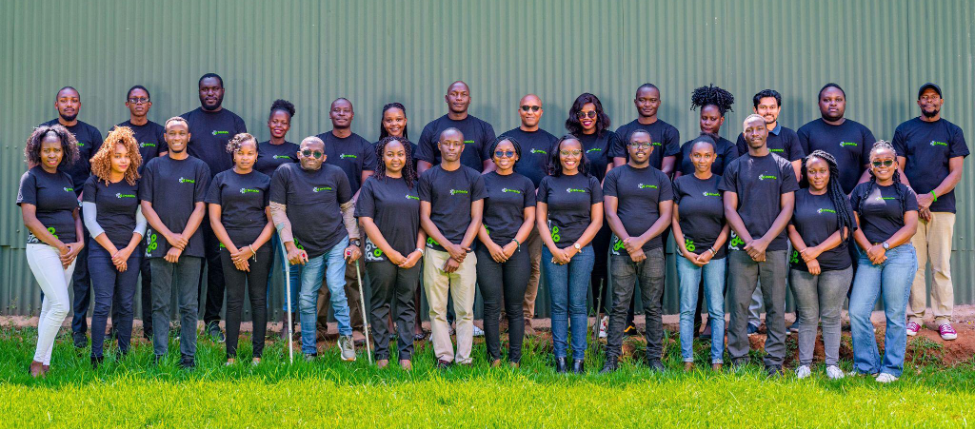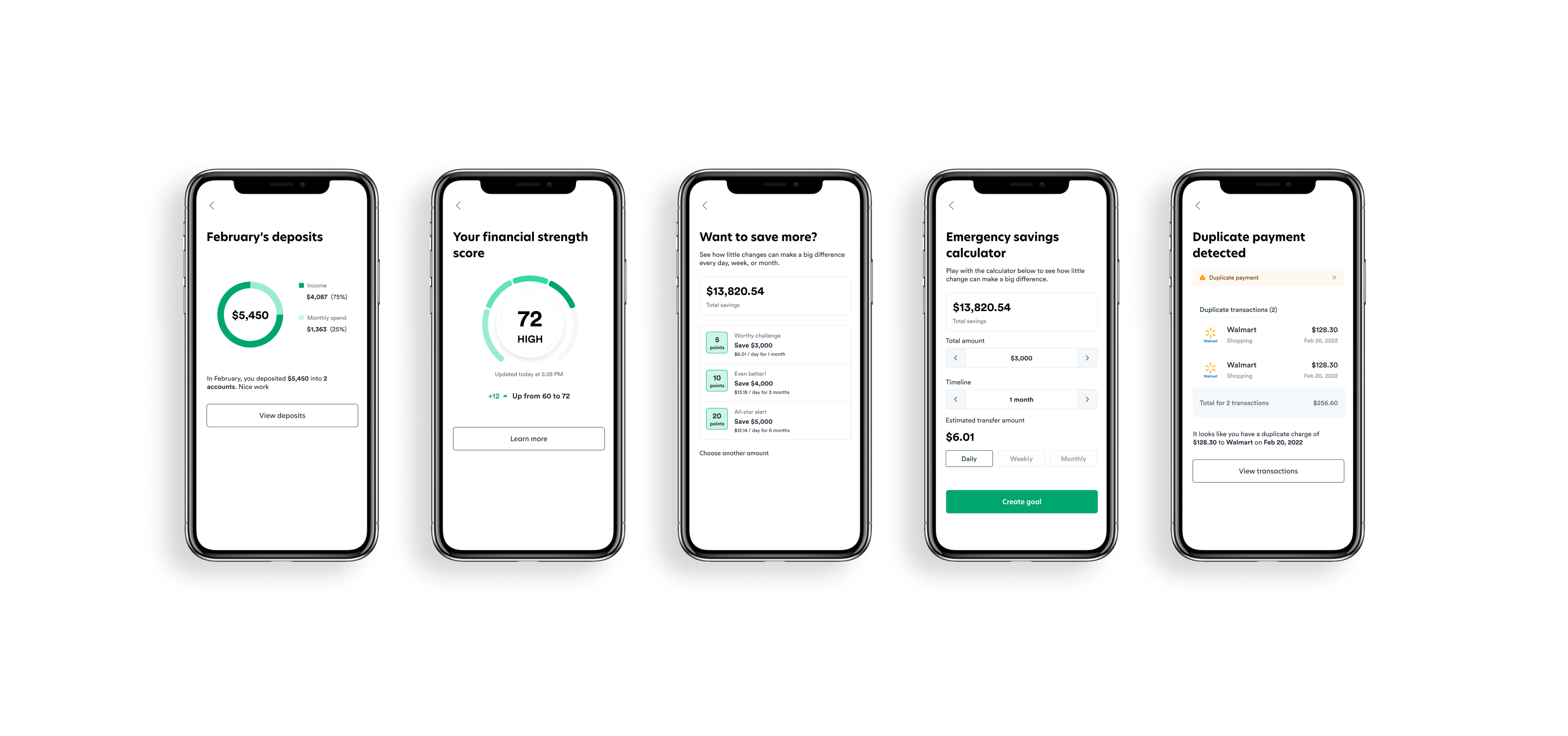Financial technology startups raised $121.6 billion last year — up 153% year-over-year in terms of global VC deal value — and include a range of outfits, from payments companies to digital banks to corporate spend players.
It’s not as typical for us to hear, though, about venture capitalists pouring millions of dollars into a traditional bank. But today, Cross River Bank told TechCrunch that it has raised $620 million in funding at a valuation north of $3 billion.
Cross River Bank is not just any bank. The Fort Lee, New Jersey-based institution is also a technology infrastructure provider that powers lending and payments for many of the fintechs that top VCs are also backing. And as fintech has exploded in recent years, so has Cross River Bank’s business — as well as investor interest.
Private equity firm Eldridge and Andreessen Horowitz co-led the financing, which also included participation from funds and accounts advised by T. Rowe Price Investment Management, Whale Rock and Hanaco Ventures and several other firms. (If we want to get technical, the money was actually raised by CRB Group, the bank’s parent company.)
It’s a massive jump from the company’s last raise — a $30 million round in October 2016 that included capital from Battery Ventures, Andreessen Horowitz (a16z) and Ribbit Capital. At the time, the move by investors in a number of Silicon Valley’s fintech startups was seen as rare. But as the biggest players in fintech have come to rely on Cross River Bank for things like embedded payments, cards, lending and crypto “solutions,” it feels far less so in 2022.
The latest round marks the third time that a16z has put money in Cross River Bank, with the first time being in the company’s first institutional round that closed in October of 2016 — a $28 million financing which ended up closing at $30 million as others added to it. Prior to this raise, the bank had raised a total of $82 million in funding across three rounds.
At the time of that 2016 raise, Cross River told us that it originated more than $2.4 billion in loans for companies like Affirm and Upstart in 2015 alone. Fast-forward to today, and that number has grown 10x — to over $24 billion.
“Cross River enables every company to become a fintech company, a vision we are bullish about at a16z and another reason why we’ve been committed to Cross River since the early days of the business,” said David George, general partner of the Growth Fund at Andreessen Horowitz.
He went on to say that his firm saw Cross River in action years ago with one of its portfolio companies, Coinbase.
“When Coinbase was first starting out and looking for a partner bank, many traditional financial institutions had blanket policies that prevented them from participating in crypto,” George told TechCrunch. “Cross River, on the other hand, had the foresight to lean into this new frontier and support Coinbase, and many other leading crypto companies, who are still happy partners to this day.”
In a written statement, Todd Boehly, co-founder and CEO of Eldridge, described Cross River as a tech company “with the established expertise of a bank.”
Besides Coinbase, Cross River also counts Affirm, Best Egg, Checkout.com, Coinbase, Divvy, Freedom Financial, Pay.com, Rocket Loans and Stripe among its 80-some customers.
“The agility and scalability of our [API-based] core is what makes us great,” said Gilles Gade, who holds the titles of founder, president and CEO of the bank. “As companies grow, they pivot to us because they know we are the go-to for embedded finance and infrastructure.”
In fact, he goes on to describe his company as the “epicenter of fintech ecosystem.”
“We grew up in it in the sense that we participated in its gestation,” Gade said. “We’ve always been placed at the center of the revolution of providing accessibility to credit to the underserved — all enabled by technology — with obviously a very robust compliance around it.”
Track record of growth
In an interview with Gade, I learned that Cross River Bank is also exceptional in another way. It has been profitable since 2010 — two years after its inception, meaning that it notched a net profit after taxes. Meanwhile, top line and bottom line revenue has on average climbed 50% year over year, according to Gade.
“There were ebbs and flows,” he said. “Some years it was faster and some years it was slower, but we’ve been growing consistently.”
Its decision to take the new capital was driven mainly by a desire to expand globally, Gade explained.
“So far, we’ve been very North America-centric,” he told TechCrunch. “But an international expansion is very important to us and continues the theme of inclusion and accessibility to credit.”
The company also plans to continue building out its embedded payments, cards, lending and crypto products, hiring (of course) and forging more strategic partnerships. Presently, Cross River has more than 800 employees and Gade expects it will have “north of 1,000” by year’s end.
Cross River also will seek to buy “pockets of technology,” Gade said.
“We rely heavily on all our partners to develop their own front end, but as we continue to progress in embedded finance, there are definitely some front end applications to be offered as white label solutions for our partners that we would like to acquire and potentially will develop our own,” he added.
As for long-term focus, the bank is putting crypto/web3 as “front and center.”
“Crypto has been the darling of Cross River for eight years,” Gade told TechCrunch. “It started with our relationship with Coinbase as a loyal provider of banking integration, crypto to fiat and fiat to crypto onboarding for their customers.”
Its goal is to offer its partners a regulatory compliant and approved framework to increase their crypto offerings and expand their reach.
“We want to start offering a lot more [crypto-related] products and services than we ever did before,” he added. “We are gearing towards a crypto-first strategy…We’ve been at this for a long time and understand the requirements of the market, its dynamics and where the market is headed. We want to be judicious about it.”
My weekly fintech newsletter is launching soon! Sign up here to get it in your inbox.



